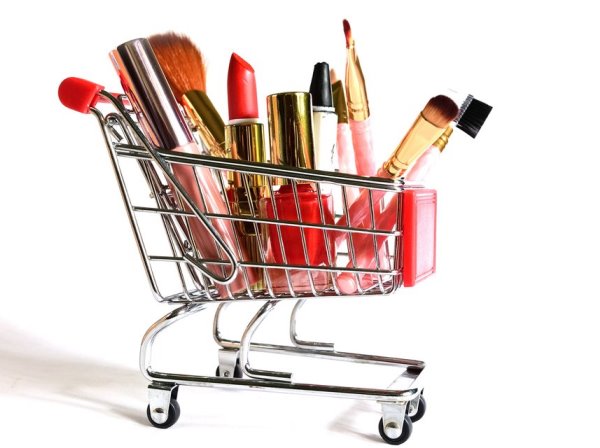Despite the dramatic growth in counterfeit cosmetic sales in recent years, the majority of consumers who bought them aren’t aware that they are doing so, according to a new survey by virtual beauty app Perfect365.
The apps’ survey of 5800 people found that 86 per cent “have never knowingly purchased counterfeit cosmetics” and nearly half (48 per cent) were unaware of recent media reports about the harmful ingredients contained in counterfeit cosmetics.
These include glue, urine and rat droppings.
Arsenic, cyanide and copious amounts of lead have caused rashes, allergic reactions, eye infections and skin damage. Poisoning, scarring, disfigurement, infertility, high blood pressure and other serious, long-term damage have been traced back to the fake products.
But a large and growing number of consumers are choosing to overlook the health concerns in order be able to wear designer brands that they wouldn’t otherwise be able to afford.
The survey found price was by far the most dominant factor driving consumers to counterfeits.
“Only 14 per cent of total survey respondents have either knowingly purchased, may have bought, or found out later that they have purchased counterfeit cosmetics,” the report said.
“And nearly half of those respondents said they were drawn to counterfeits because they couldn’t afford the brand name cosmetics that they wanted, with another 40 per cent maintaining that counterfeits were easier to access than authentic brands.”
The survey also found that the most popular counterfeit brands were MAC Cosmetics, Kylie Cosmetics, Urban Decay and Benefit Cosmetics, while the most popular counterfeit beauty product was lipstick, followed by eyeshadow and mascara.
The report concludes that the explosion of the counterfeit cosmetic industry in recent years underscores that an increasing number of consumers are willing to overlook health risks, safety, and quality in order to say they’re wearing brand-name products.
“While these brands are clearly desirable, the price keeps them just out of reach for many consumers. That expense is further compounded when users take a gamble on cosmetics they know they can’t return.
“But with the growing number of reports illuminating the copious toxins contained in these products, it’s likely that more consumers will gain awareness and start genuinely re-evaluating the costs, ultimately becoming more judicious when it’s time to make a purchase.
“And while there will always be a customer base for counterfeits because of their cheap price point, there will also be a foundation of savvy consumers that realise a $25 discount on a beauty product is hardly worth a trip to the emergency room.”

